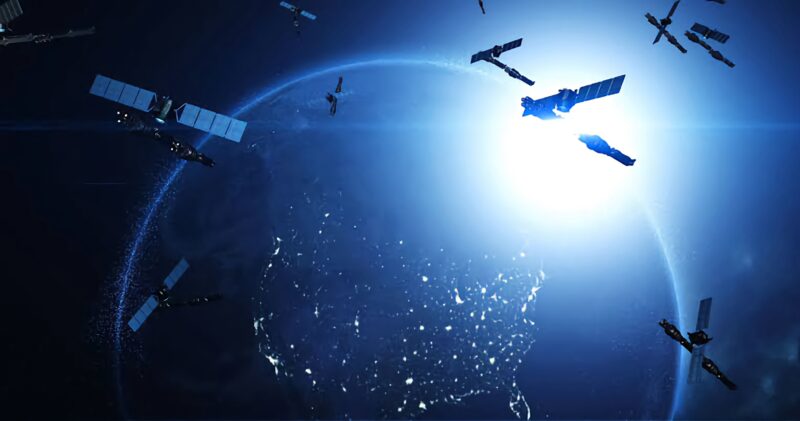Astronomers Struggle to Study Universe as Elon Musk’s Starlink’s Radio Interference Grows
Elon Musk’s growing Starlink satellite network, designed to provide high-speed internet globally, is disrupting radio telescopes and blocking scientists’ view of the universe, according to Dutch researchers.
Astronomers at the Netherlands Institute for Radio Astronomy (ASTRON) say the second generation of Starlink satellites is causing significantly more interference than earlier versions. These satellites are emitting radio waves that are hindering efforts to observe black holes, distant galaxies, and exoplanets.
‘We See Less of the Sky,’ Warn Scientists
Professor Jessica Dempsey, ASTRON’s director, emphasized how critical the problem has become: “Every time more of these satellites launch, we lose more of the sky. It’s impacting our ability to study jets from black holes and some of the earliest galaxies millions of light years away.”
The interference from the V2 Starlink satellites was found to be 32 times stronger than the first generation, exceeding industry regulations set by the International Telecommunications Union.
Growing Network, Growing Concerns
SpaceX’s Starlink currently has over 6,400 satellites orbiting at about 342 miles (550 km) above Earth, with more launches planned. These satellites, essential for providing broadband to remote areas like Ukraine and Yemen, are a key part of a rapidly growing satellite industry. By 2030, experts predict there could be over 100,000 satellites in orbit.
While Musk has not yet responded to concerns, astronomers are worried that this increasing satellite presence could severely compromise future cosmic discoveries.










Join our Channel...